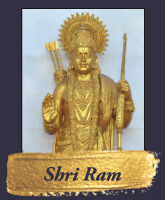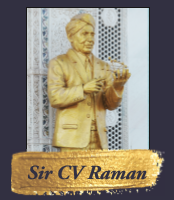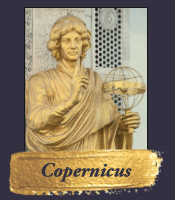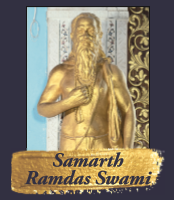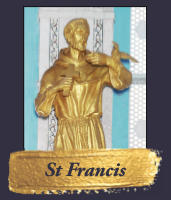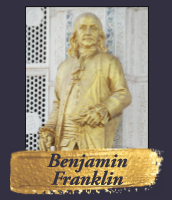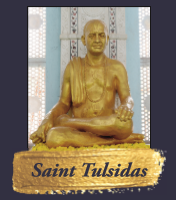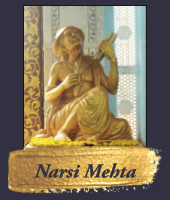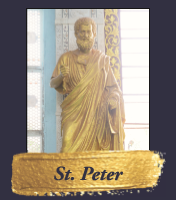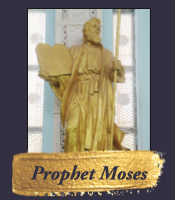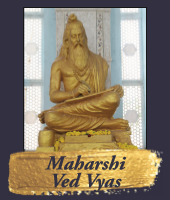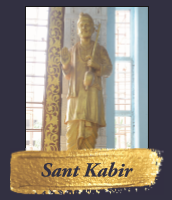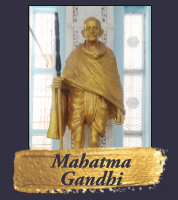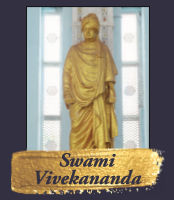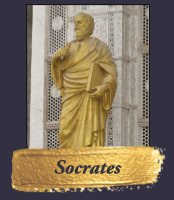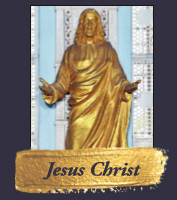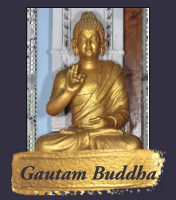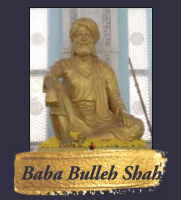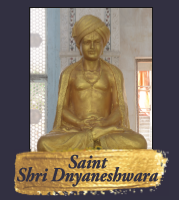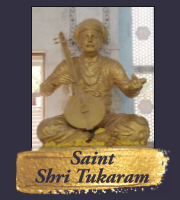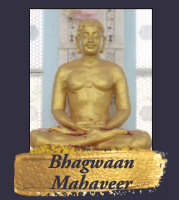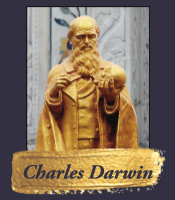
Believed to be the seventh incarnation of Lord Vishnu. He is the symbol of courtesy and virtue, a man of values and morals and also termed as ‘Maryada Purushottam’
His work on the scattering of light and the discovery of the Raman effect made him the first Asian to receive the Nobel Prize in sciences.
14th century astronomer, mathematician, physician and scientist who propounded the theory of planetary revolutions around the sun.
A prominent saint from Maharashtra from the 17th century. Dasbodh, Manobodh, Manache Shlok are his noted literary works.
He has been a revered religious figure in the history of religious studies from the 11th century. A devout follower of the Catholic Church, he was canonized as a saint.
An American inventor, scientist and politician. He drafted the Declaration of Independence and the American Constitution.
A 15th century saint from the Vaishnav sect and a poet who authored Ramacharitmanas the adaptation of Ramayana from Sanskrit to Hindi, Hanuman Chaalisa, and several other sterling literary works
The first poet or Adi Kavi of 15th century Gujarat, a great devotee of Lord Shri Krishna. His devotional songs in particular “vaishnav jana toh” are still widely sung by his devotees
One of the twelve apostles of Lord Jesus from the 1st century BC.
A prophet who is revered by Islam as well as Jewish sects. He also has authored the first five books in the Bible.
The creator of the epic Mahabharata and also the Vedas and Puranas
A saint and poet from 14th century. His couplets also known as dohas are still as relevant and inspiring in the modern day.
Best known as the ‘Father of the Nation.’ His leadership was instrumental in gaining independence for India from British rule.
A religious Hindu scholar, saint and philosopher of the 18th century, founded the Ramakrishna Mission for spreading religious and spiritual knowledge and to serve people at large without discrimination.
Born in 469 BC, Socrates was a Greek philosopher and is considered one of the founders of Western Philosophy.
The religious leader of the Christian and Jewish sect.
The founder of Buddhism. The most important principles he taught include the Four Noble Truths and the Eight-Fold Path
A Sufi poet born in the 16th century when communal tensions between Muslim and Punjabi communities escalated he was seen, as a guiding light for both sides for peace and harmony.
13th century Marathi saint, poet, philosopher and a yogi of the Nath sect. His work ‘Dnyaneshwari’ is a commentary on the Bhagvad Geeta to provide a better understanding to the masses.
A much revered Hindu saint known for his devotional abhangs and kirtans. His work Tukaram Gaatha covers some of his life experiences in the spiritual context for his devotees.


